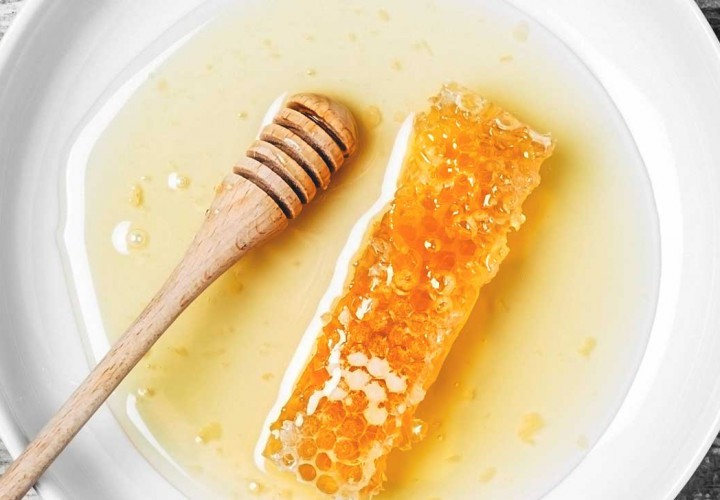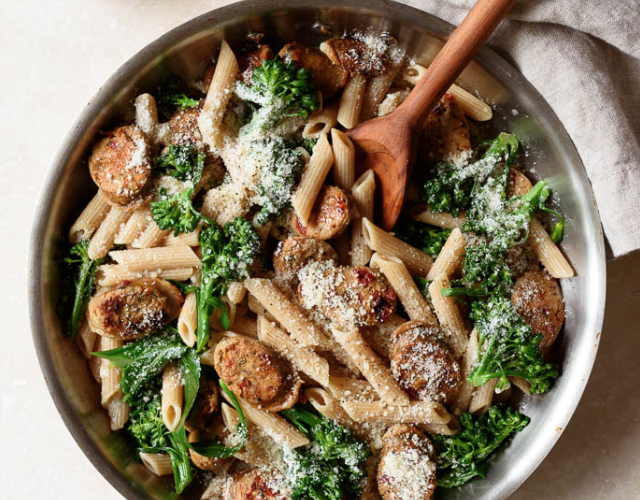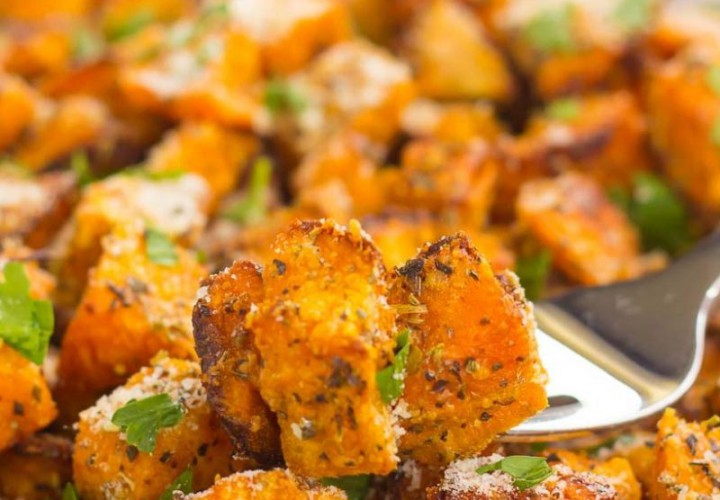About a year ago my parents started buying A TON of organic products. Anything from organic taco seasoning to organic chicken breast. If it said organic on it, they bought it. But is there really a difference between organic products and non-organic products?
What Makes Organic Food Organic?
While some studies have mixed reviews on nutrient levels, evidence points to organic foods being slightly more nutritious. Also, organic foods typically contain higher levels of antioxidants and micronutrients, such as Vitamin C, Zinc, and Iron. In fact, some organic foods have 69% more antioxidants than non-organic. One main difference though is everything labeled “organic” typically contains fewer pesticides, fewer multi-drug resistant bacteria, and no genetically modified organisms. These crops also tend to use natural fertilizers such as manure to help with plant growth. That’s why organic zucchini or potatoes may be 2-3 times bigger than non-organic. However, for food to be labeled “organic”, the producer must have the USDA verify their growing practices and all of their production methods must be approved.
Price Difference
But this all comes at a price.$25 in a grocery store stretches longer with non-organic products than it does with organic. On average, products that are organic cost 47% more than non-organic foods. Of course this varies depending on the product and the time of year, but organic will always cost quite a bit more. This is why most people decide to not buy organic.
Just Because it Says Organic Doesn’t Mean it’s Healthy
When organic foods became popular the most common items bought were fruits, vegetables, grains, dairy, and meat. Now, years later, many processed products such as sodas, cookies, and breakfast cereals have become organic. However, junk food will always be junk food despite if it’s labeled organic or not. Read the back label of your sodas, cookies, and ice cream because more than likely they’re still going to be high in sugar, salt, and even calories. Natural sugar is still sugar and you should watch how much you consume.
Overall, even with mixed evidence, organic food will typically contain more antioxidants and nutrients than non-organic. You may even reduce your exposure to artificial chemicals, antibiotic resistant bacteria, and hormones. However you will spend more money and your fresh vegetables and fruits will spoil quicker being there’s no added preservatives to make them last. But if you’re wondering whether you should buy organic or not, it’s really up to you and what you like and can afford.



